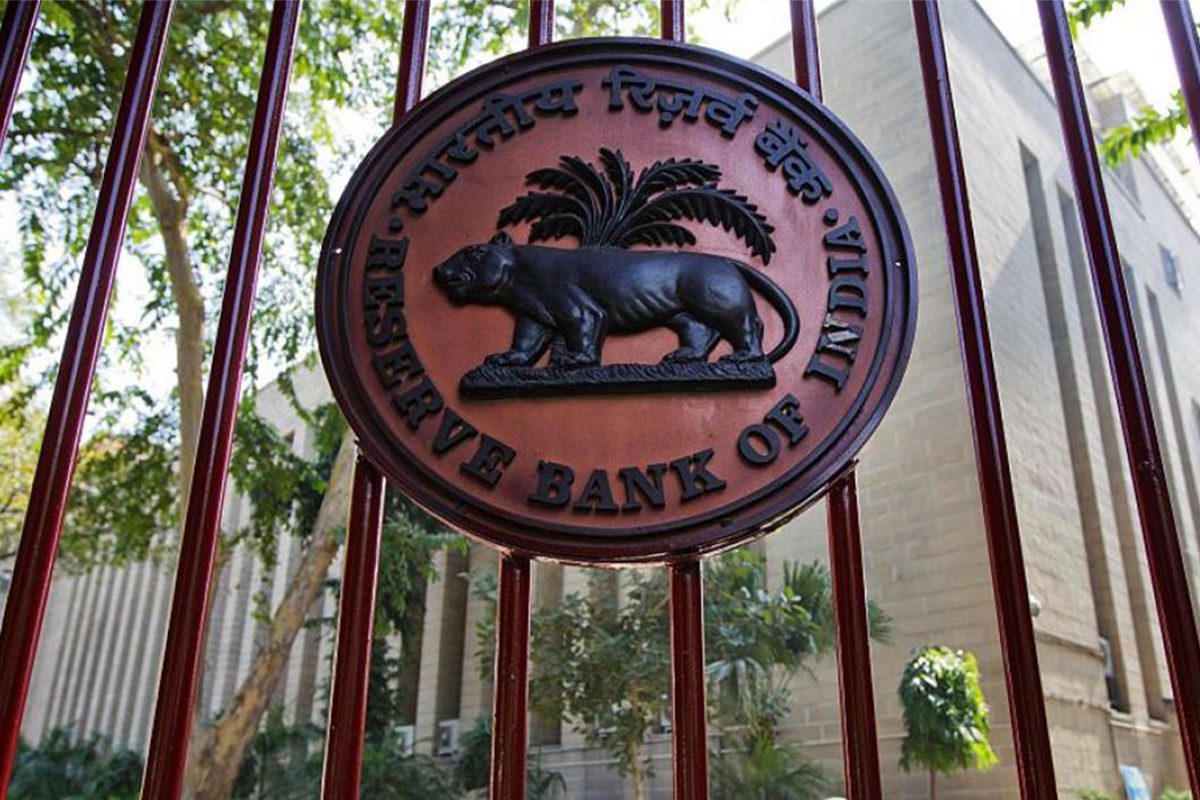The Alliance of Digital India Foundation (ADIF) applauded the Reserve Bank of India’s (RBI) decision to extend the card tokenization deadline by six months, until June 30, 2022 and urged the central bank to guarantee that all banks are ready on time.
Concerns about the readiness of CoF (card-on-file) tokenisation were expressed by all players in the payment ecosystem. Payment difficulties and revenue losses were also a concern for merchants.
Advertisement
“We also urge the RBI to take efforts to guarantee that all banks are prepared. If bank readiness does not come through in a fast and reliable manner, we risk being in the same situation as we are now in June “ADIF Executive Director Sijo Kuruvilla George stated.
Merchants will not be able to successfully process tokenised transactions and have consumer-ready solutions until banks comply.
According to the ADIF, consumer education and awareness, not simply the technical components of the tokenization changeover, are as vital.
“Only when consumers are aware of tokenization and its benefits will they be able to make an informed decision about whether or not to opt-in,” the foundation stated.
“The timescale for storing CoF (card-on-file) data is prolonged by six months, i.e., until June 30, 2022; after that, such data should be purged,” the RBI said in a statement on Thursday.
“In addition to tokenization, industry stakeholders may create alternative mechanism(s) to handle any use case or post-transaction activity that currently involves or needs CoF data storage by entities other than card issuers and card networks.”
The RBI’s card tokenisation guidelines mandated replacing the actual card data with encrypted digital tokens, which are then used to facilitate and authenticate transactions.
(With IANS inputs)











